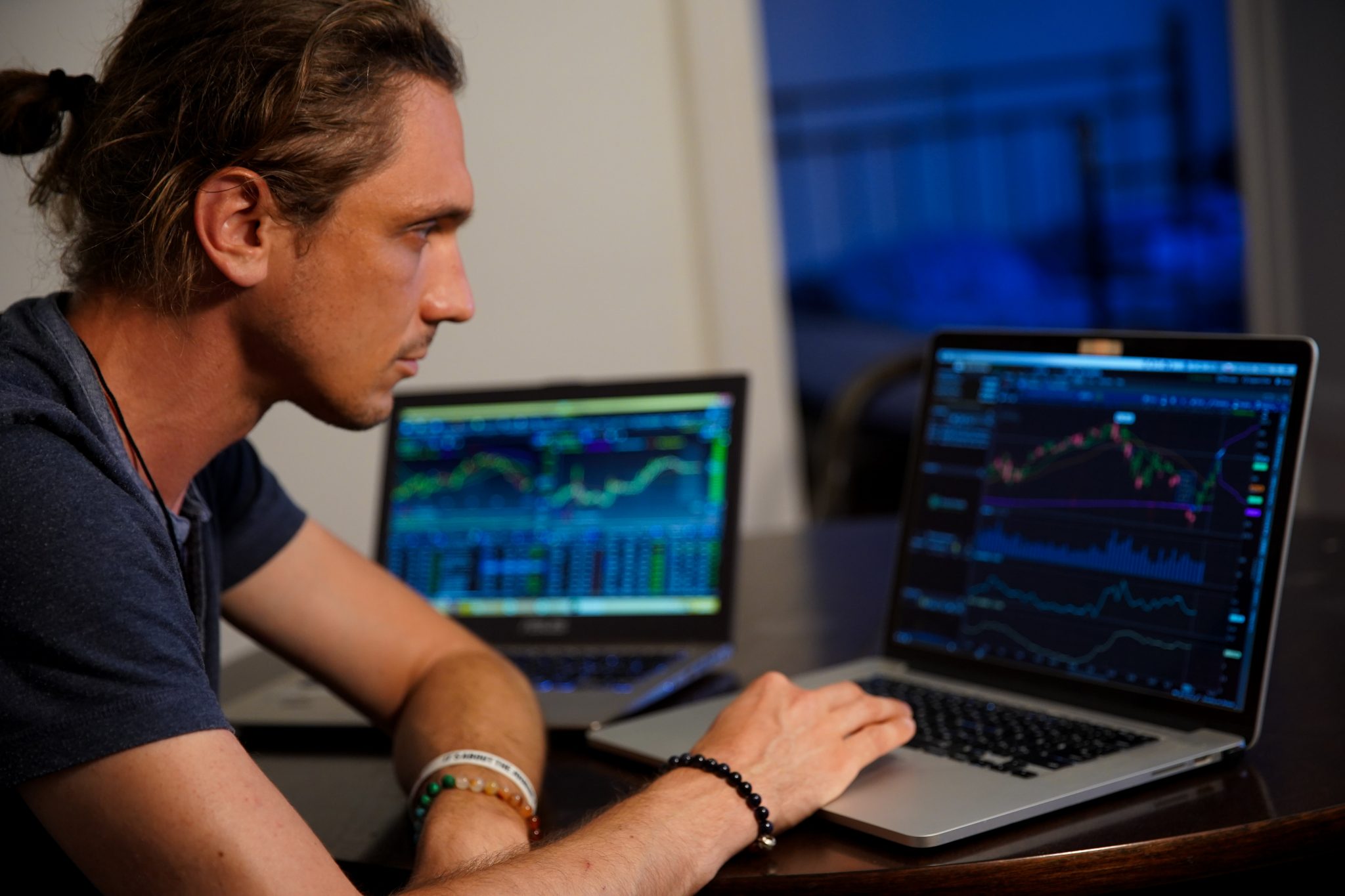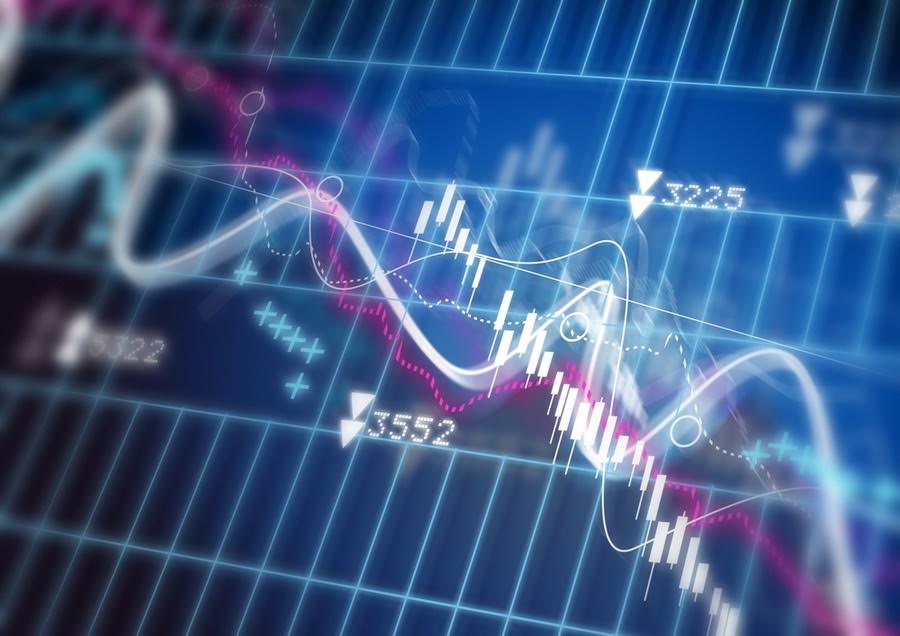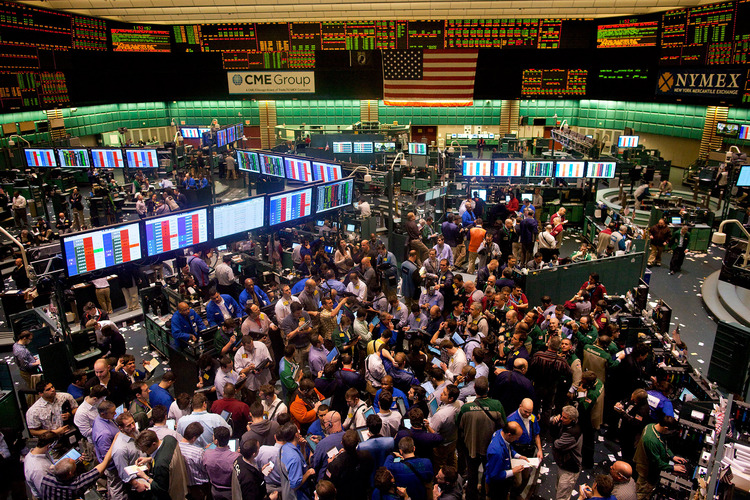It has never been easier to become a commodity trader, but is it a good idea? Nowadays you can trade anywhere, anytime – even on your phone. However, it has also become a lot more competitive and thus much harder to make money consistently. If you want to become a day trader, be assured it won’t be easy and don’t be fooled by the brokers who want you to trade using max leverage! Don’t!
Day Trading Has Never Been Easier
Yes, trading is now easier, as you can open a trading account and get started within 15 minutes. Then just press a button from anywhere, anytime. And the trade is done.
But’s not what trading is about.
Don’t conflate a smooth trading interface with profitable trading.
In fact, the very same brokers that give you these trading tools for free try to get you to trade as much as possible with the highest risk, because the more you trade the more money they make. Just like being on Facebook does not make you more social as the company wants you to use the platform as much as possible.
Remember that very few retail traders make money over time. Yes, many get lucky and start trading with a win, but then lose it all.
Consistently delivering a positive PNL should be the objective of day trading, and this has not changed, it’s still very hard.
The 90/90/90 Day Rule
Anton Kreil, a famous ex Goldman Sachs trader, is well known for sharing what he calls the 90/90/90 day rule.
What’s the 90/90/90rule? It’s basically about how 90% of the retail traders lose 90% of their money in 90 days.
You don’t want to be yet another broke day trader. Don’t gamble.
Trading Is More Than Just Pressing Buy or Sell
Trading should be understood in terms of consistently making money in the markets. And that’s much, much harder than just entering your buy or sell order.
On the one side, it’s never been more accessible and easier to get started as a trader and trade.
But don’t forget, it’s also much easier to lose all your money if you are not a professional. In fact, given the lower barriers of entry, it’s probably even easier than before as professionals are competing directly with retail traders.

Brokers Want Your Money
Remember: brokers want your money, and trading is a zero-sum game; for every winner, there is a loser.
Brokers want you to day-trade commodities as much as possible. They know it’s very hard, and that most retail traders lose money. The game is rigged.
This means that they’ll try to make you trade as often as possible with the highest leverage available. The more you trade, the faster you will make them money.
Don’t fall for that! Let’s review a few tips about how not to lose all your money trading.
Do NOT Trade With Leverage
No professional commodity traders use large leverages such as 50x, 100x, or 200x. Forget about that, these derivative tools are meant for retail traders.
Leverage is easy to set up, but very hard to risk-manage.
Even professionals who use trading leverage often blow up. Just recently Bill Hwang of Archegos Capital lost 20 billion USD in 2 days.
While all brokers have stop-loss order options, it is very hard to choose good levels for your stop-losses, there might be slippage, which in practice means that your losses are not 100% limited even if you have stop losses.
Start Practising With A Demo Account
If you decide to try trading commodities, start with a Demo Account, use a paper account and 0 risk.
Do not let brokers convince you to deposit cash before you learn about the game. Do not fall for their bonus vouchers.
The reason they give you a bonus is because they know they’ll make money later.
Demo Account Trading Is Not Real Trading
Most traders loose money, it’s a power law game where a few skilled and lucky players make the most money while virtually everyone else loses money.
If you happen to be fantastically skilled at the demo account trading: Congrats!
However, note that trading with real money is very different, and that your success in your demo account might not be transferrable to the real markets.
If you decide to deposit real money, don’t gamble-trade. Practice trading strategies with small amounts on your demo account first and learn how markets work.
Takeaways: Follow The Markets!
Experience is the best teacher, and the skills you learn trading on your own account will be very useful in case you decide to apply for a full-time trading job at a later date.
RELATED: Tips About Commodity Trading Careers
If anything, getting a good retail broker like Interactive Brokers or IG can help you follow the market. Also, Investing has fantastic data about most markets including commodity futures. Don’t forget TradingView, one of the best charting tools available.
There is no better way to learn about trading than following the markets, reading about trading strategies, and studying supply & demand fundamentals.
Commodity markets are open to everyone, even if most of the physical trading is controlled by large trading houses.









I am trying to figure out what trading setup is best for me. I am interested in active and algorithmic trading, but I don’t know which one is best for me. I have a few different options that I am considering, but I don’t know which one is best. I am considering active trading, algorithmic trading, or a combination of both.